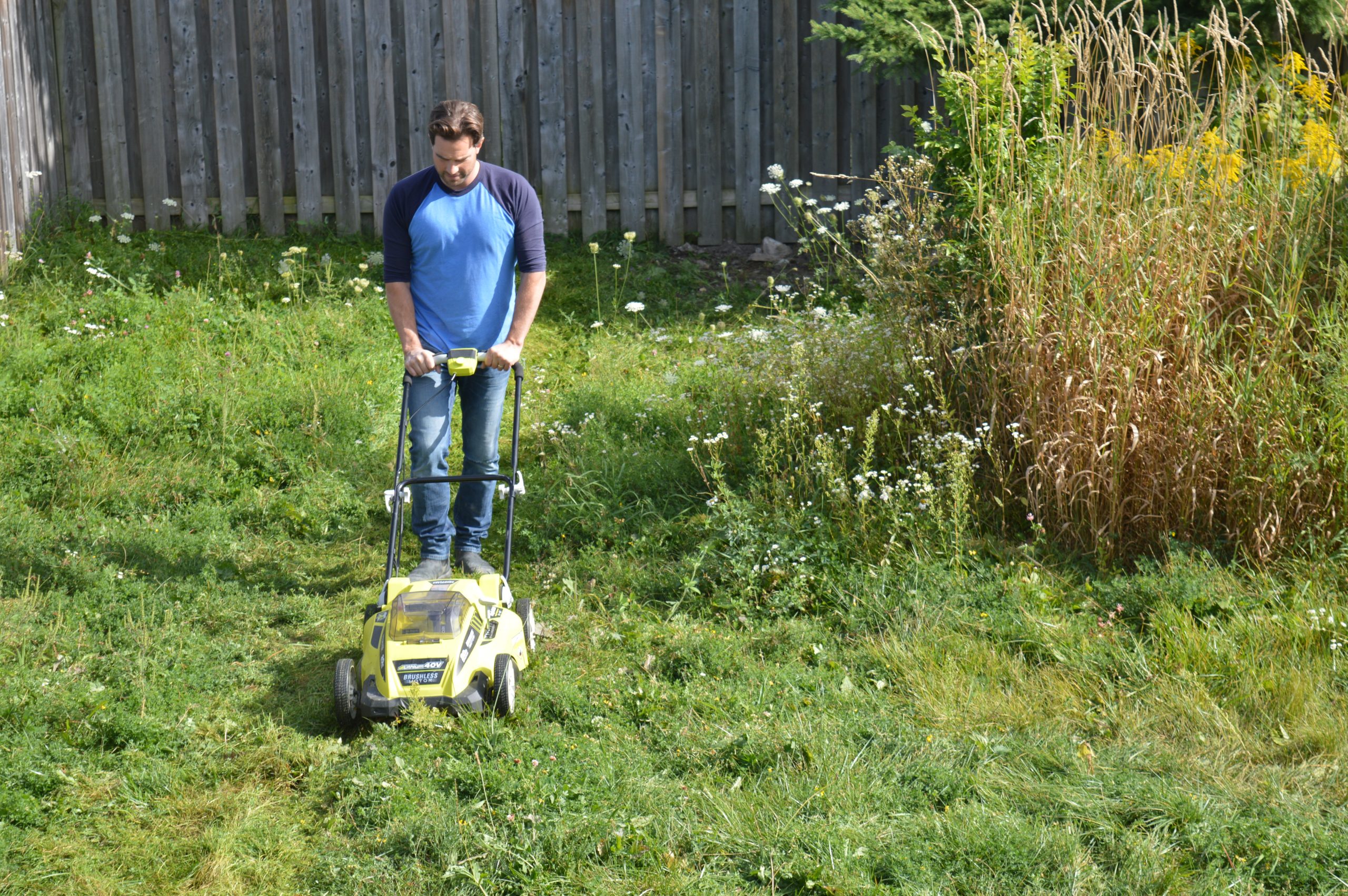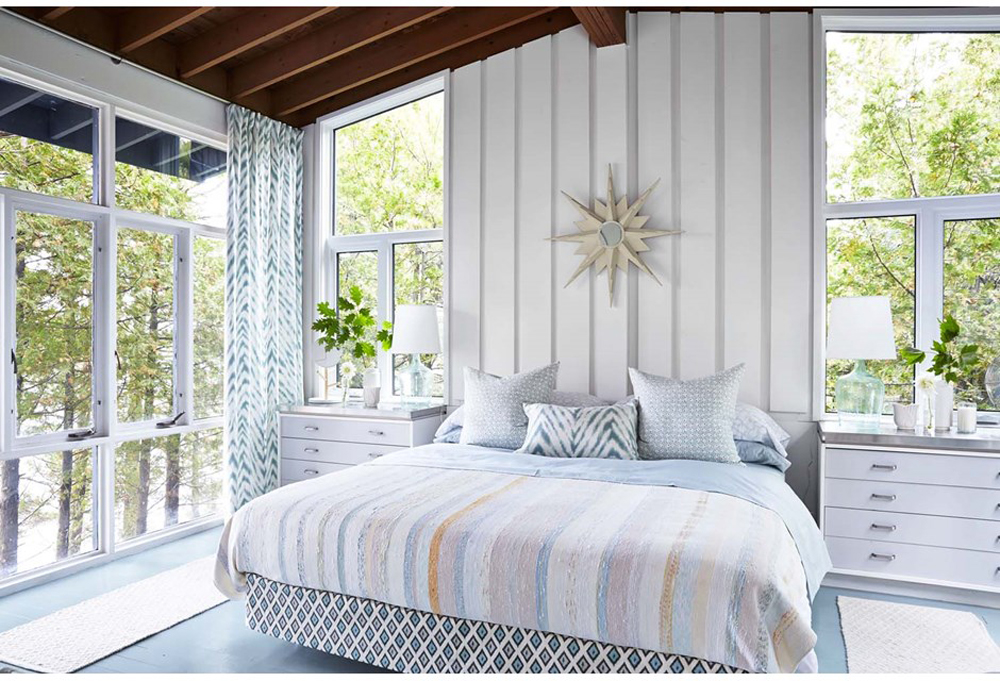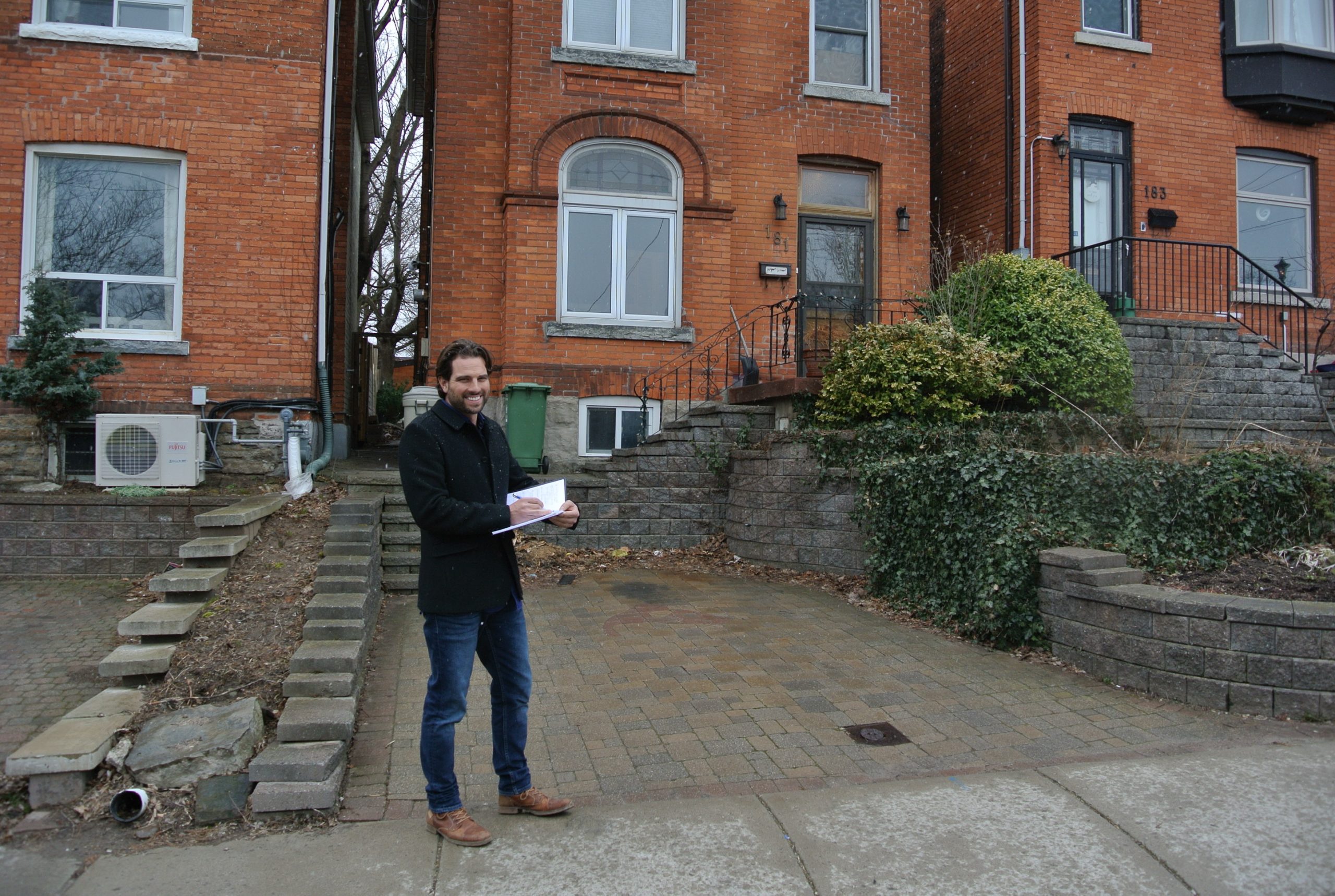Airbnb and other short-term rental websites have changed the rental game in a big way. Now it’s easier than ever to rent out a house or apartment for a night, a weekend or even longer. That said, short-term rentals aren’t always the best way to go. It all depends on what kind of property you have and what kind of landlord you want to be. As a general rule, long-term rentals are my income property of choice, but like with most things, there are pros and cons to each.
Scott McGillivray is a real estate expert and host of HGTV Canada’s Income Property and Moving the McGillivrays.

Maintenance
With long-term rentals – let’s say a year lease – you need to keep the building in good shape and make repairs and fixes when necessary. Overall, you shouldn’t have to spend much time or money on rental maintenance. With a short-term rental, it’s quite different. If you only rent the place a few nights at a time, you need to clean and maintain it every few days (or at least before the next renters arrive). To offset the cost, I recommend that you have a cleaning fee built into the rental price.
Related: Unforgettable Bucket List Airbnb Rental Properties in Every Province

Listing
The days of posting your rental apartment in a newspaper or on a community bulletin board are over. Now it’s all about dedicated online rental websites – most of which charge a fee. Airbnb however, will list your property on the site for free. You only pay when someone actually books your place.
Related: These Are the Top 15 Airbnb Listings to Watch for in 2019

Finding Tenants
Trustworthy, long-term renters are a landlord’s dream. If you’re lucky, you only have to go through the finding and vetting process once every few years. When you rent to different people all the time, you constantly have to check them out and make sure you’re comfortable with renting them your place. This can take a lot of time and it increases your risk.
Related: Inside an Apartment So Memorable its Nova Scotia Renters Moved in Twice

Reviews
has a review system which can help take away some of the stress of trusting renters with your home. Both guests and hosts leave reviews of each other after a stay, which helps keep everyone accountable. If you don’t like the reviews potential tenants have received, you’re under no obligation to rent to them. I can’t stress this enough – check the reviews before allowing anyone to book!
Related: The Most Expensive Airbnb Listings You Can Rent in Canada

Pricing
With short-term rentals you can charge different amounts depending on the day of the week and season. So for instance, you might want to charge a higher price on the weekends and more during the high season. It’s important to check the rules of the website before listing, but there’s certainly more flexibility to change the price than there is once a long-term lease has been signed.

Flexibility
This is where short-term rental sites really shine. Because you can rent them for as little as one night, you can rent out your own home when you go away. This can be a great way to offset the cost of a vacation. It’s also great for vacation properties and second homes. You can use them when you want and rent them out when you’re not there.
Related: 5 Celebrity Vacation Rentals That Are Truly Spectacular

Stability
My investment strategy has always been long term. When I invest in an income property, I want stable income for a long time. That’s the main reason why I prefer long-term rentals. Once a lease is signed, there’s guaranteed cash flow for a determined period of time. With short-term rentals, you leave it up to chance.
HGTV your inbox.
By clicking "SIGN UP” you agree to receive emails from HGTV and accept Corus' Terms of Use and Corus' Privacy Policy.




